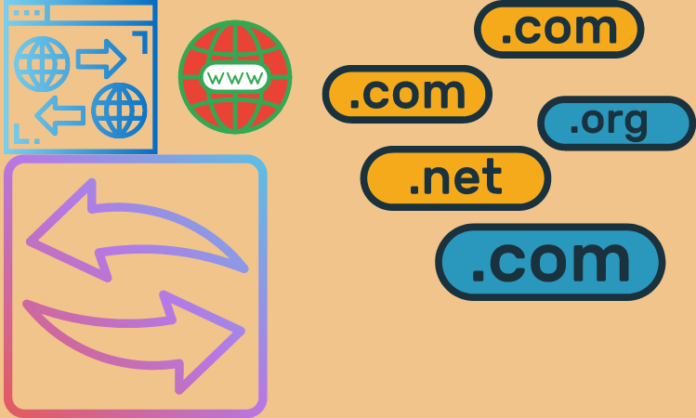
Child nameservers, also known as child DNS (Domain Name System) servers, are a fundamental part of the DNS infrastructure. They are subordinate to and managed by parent nameservers and are responsible for serving DNS records for a specific domain or subdomain.
Here’s how child nameservers work within the DNS hierarchy:
Parent-Child Relationship: In the DNS hierarchy, the top-level domain (TLD) nameservers, such as those responsible for .com, .org, .net, etc., are considered parent nameservers. These parent nameservers delegate authority for specific domains to child nameservers, which are responsible for managing the DNS records for those domains.
Delegation: When a domain owner wants to use a specific DNS hosting provider or set up their own DNS infrastructure, they need to create and configure child nameservers. The domain owner then informs the parent nameserver (typically through a domain registrar) of the IP addresses or hostnames of these child nameservers. This delegation process tells the parent nameserver where to find authoritative DNS information for the domain.
Responsibility: Child nameserver are responsible for storing and providing DNS records (such as A, MX, CNAME, etc.) for the specific domain(s) they are delegated to handle. When a DNS query is made for a domain or subdomain, the query is first sent to the parent nameserver, which then refers the query to the appropriate child nameserver based on the delegation information.
DNS Resolution: The child nameserver responds to DNS queries with the relevant DNS records associated with the domain they manage. This allows internet users to access websites, send emails, or use any services associated with that domain.
Redundancy: To ensure reliability and redundancy, it’s common to have multiple child nameserver (often referred to as authoritative nameservers) for a domain. These child nameserver may be hosted on different physical servers or located in different geographical regions to enhance DNS availability and reduce the risk of downtime.
Child nameserver play a crucial role in the DNS system by holding and providing authoritative DNS records for specific domains or subdomains. They are part of a hierarchical system that enables the efficient resolution of domain names to IP addresses and other essential DNS information on the internet.
Related Articles:
DNS Zone Editor and phpMyAdmin in cpanel
























